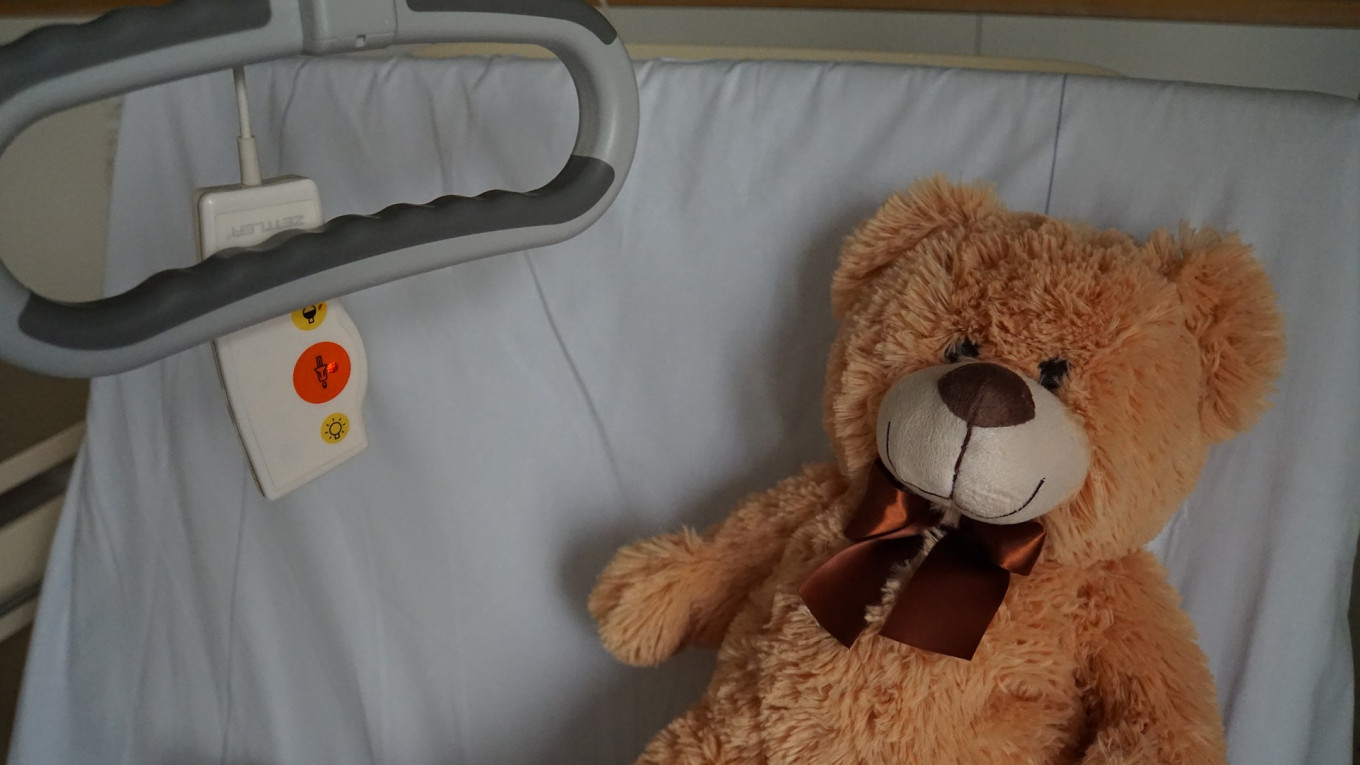Popular Reads
Top Results
Can't find what you're looking for?
View all search resultsPopular Reads
Top Results
Can't find what you're looking for?
View all search resultsExperts decry lax approach to mysterious hepatitis cases
Health experts have urged the government to take a more comprehensive approach to the outbreak of acute hepatitis of unknown origin in children, as more potential cases are reported across the country.
Change text size
Gift Premium Articles
to Anyone
H
ealth experts have urged the government to take a more comprehensive approach to the outbreak of acute hepatitis of unknown origin in children as more potential cases are reported across the country.
Public health expert professor Tjandra Yoga Aditama of the University of Indonesia said the government needed to immediately instate an exhaustive protocol for the outbreak.
"First, authorities need to raise awareness, both among health workers and the public, about the disease. They also have to ensure fast and comprehensive screenings for all suspected cases, including by doing liver biopsies on patients," Tjandra told The Jakarta Post on Thursday.
He also urged the government to conduct epidemiological studies on patients with probable cases, increase health surveillance and ensure that health facilities throughout the country were well equipped to conduct liver operations, as around 10 percent of patients with the ill-understood condition in the United Kingdom and the United States required liver transplants.
Dicky Budiman, an epidemiologist at Australia’s Griffith University concurred, adding that the government should focus on improving the overall health of children in the country.
“[The government needs to] increase the coverage of basic child immunizations, improve child nutrition and improve health and hygiene practices among children and their family members,” Dicky said.
So far, the Health Ministry has investigated 27 cases thought to be connected to the mysterious disease, but as of Tuesday only one had been classified as a probable case based on the criteria set out by the World Health Organization (WHO).
"Acute hepatitis of unknown origin has been ruled out in 13 cases, and another 13 are still pending classification," ministry spokesman Mohammad Syahril said on Wednesday.
According to the WHO, for a case to be considered probable, patients must have tested negative for common viruses that cause hepatitis A, B, C, D and E.
The patient must also be younger than 16 years old, and certain liver enzymes that can indicate the presence of organ damage must be elevated.
The one case that has met these criteria so far appeared in a pediatric patient in Jakarta who passed away on April 19. Of the 13 cases pending classification, 4 patients have fully recovered, 4 remain in treatment and 5 have died.
Syahril said 50 percent of the suspected patients were under 5 years old.
"Most patients who died were also under five," he said. "Unfortunately, their families brought them to the medical facilities too late. Some patients had already experienced seizures when they were admitted to the hospital and some had already lost consciousness."
Syahril said parents and caretakers should be sensitive to mild symptoms in children, such as fever, nausea and malaise, to ensure early detection of the illness.
Cause unclear
Since cases of acute hepatitis of unknown origin were first identified at a hospital in Alabama, the US, in October 2021, scientists have not been able to determine the cause of the illness.
As of May 10, 436 cases had been reported in 27 countries – mostly in the UK and the US – and 11 fatalities had been recorded.
A recent study conducted by Petter Brodin, professor of pediatric immunology at Imperial College London and Moshe Arditi, director of the Pediatric Infectious Diseases and Immunology Division at the Cedars-Sinai Medical Center in Los Angeles, suggested that the condition could be the result of coronavirus infection followed by an adenovirus infection.
Adenoviruses are common pathogens that usually spread from person to person and typically cause respiratory illness, according to the WHO.
The study, which was published The Lancet Gastroenterology and Hepatology, found that 72 percent of children with severe acute hepatitis in the UK had tested positive for adenovirus type 41F, and 18 percent had tested positive for COVID-19.
Further serological testing may show greater numbers of children with severe acute hepatitis and previous or current SARS-CoV-2 infection, the researchers wrote.
Brodin and Arditi proposed that a viral reservoir could exist in children who had previously had COVID-19. The lingering presence of the coronavirus could supercharge the immune response to adenovirus, and that immune response might then attack the liver.
However, according to Syahril, in the 14 suspected cases of acute hepatitis of unknown origin in Indonesia, no patients had tested positive for COVID-19.











